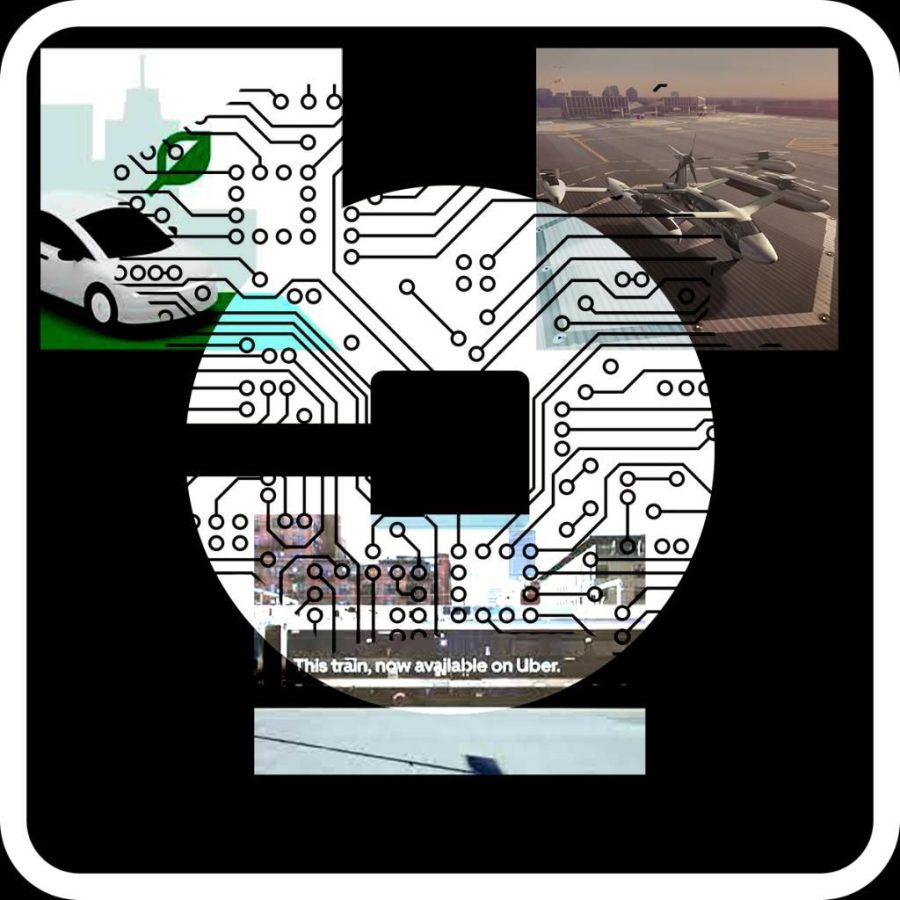Uber to expand transportation options for riders
April 15, 2022
Uber Technologies Inc. is testing out new travel options in the U.K., just weeks after it announced a partnership with the New York City taxi industry.
The collaboration of Uber and the taxi industry comes after years of rivalry between the internet based transportation service and the iconic yellow cabs. The taxi industry had issues with medallions or permits, while Uber was allowed to drive through the streets and pick up its potential customers.
However, the announcement of this new partnership was welcomed by many, as it would provide cab drivers with a way to find customers directly through their phones instead of roaming the streets.
The taxi industry came out of the pandemic struggling as it found a shortage of tourists to pick up and drivers to transport them, which is why Uber’s decision at this time serves as a great revival.
Additionally, Uber’s friendliness toward the taxi industry is bound to ease relationships with lawmakers.
Uber seems to be having quite the innovation flow, shifting gears from collaborating with the taxi industry in New York to experimenting with new travel options in the United Kingdom.
Uber has secured a 30-month license to continue its operations in London, ending the battle with the city transport authority.
After this win, the company’s San Francisco headquarters announced it is going to experiment this year by adding buses, planes and car rentals to its United Kingdom.K. app, which will serve as a pilot program. The rollout will start gradually this summer. If successful, it will be expanded to other countries.
Jamie Heywood, the general regional manager for Uber in northern and Eastern Europe, described the company’s vision on Wednesday as becoming a “one-stop-shop” for all travelrelated expenses from A to Z.
“With Covid behind us, with this big push into new modes of transport, we want to signal that this is a very important growth lever for us over the coming years,” Heywood said.
However, Uber won’t be going as far as providing these services itself, rather it will be the bridge that connects bookings and airlines, bus and rail operators and car rental companies through software integration. The company would be taking a commission on each of these bookings, but the companies it would have partnerships with have not been disclosed yet.
The vehicles are usually provided by third-party lenders and future plans include buying bookings at hotels and even tickets for Eurostar rail service.
This news isn’t new for Uber, as CEO Dara Khosrowshahi first outlined this plan in 2018, but COVID-19 stood in the way of its execution.
The move comes in light of the expansionary vision for the company and the urge for attracting a wide market to sustain profitability.
Before the pandemic, 15% of Uber rides were to the airport, so one can imagine the boost this will provide Uber.
In addition to the number of services Uber provides —car pick up services, “Eats” deliveries from restaurants, grocery deliveries, boat rides and scooters — the inclusion of New York City taxis is a sign it wants to take over travel to become a “super app.”
It seems like Uber isn’t the only one that hopes to become a “one-stop shop,” as rival Lyft has also expressed similar aspirations. Although no transportation plans were announced, it has added rentals for Citi Bikes and cars through its New York City app.
Uber’s ambitions seem quite plausible in the near future, and if it succeeds, it might make traveling smoother than ever, especially in New York, where transportation options are still limited in some areas.








